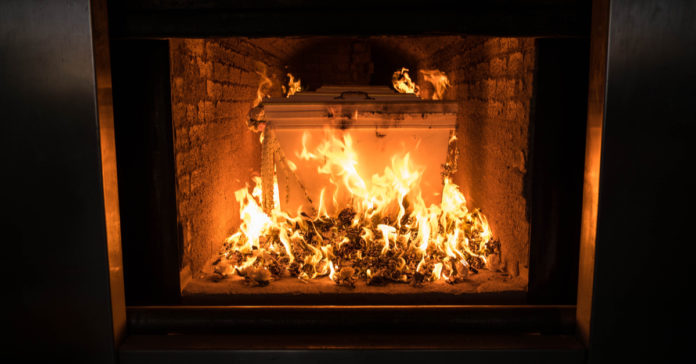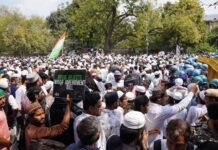The Muslim Council of Britain (MCB) has announced that it will launch legal action against the Sri Lankan government’s forced cremation policy.
Colombo’s policy of burning all deceased COVID-19 victims has impacted disproportionately on the Muslim community which has suffered over 100 deaths and whose religion requires burial.
The policy flies in the face of World Health Organization guidelines which stipulate that coronavirus victims can be buried or cremated.
In response, the MCB has set up a taskforce headed by Assistant Secretary-General, Zara Mohammed, consisting of UK-based Sri Lankan representative bodies, lawyers, medical experts and senior leaders of the community.
The taskforce has written to the Foreign Secretary and the Sri Lankan High Commissioner to request an immediate reversal of the forced cremation policy and to highlight its impact on Muslim and Christian communities.
Tayab Ali, Partner at leading London law firm Bindmans LLP, said: “The forced cremations of Muslim bodies in Sri Lanka are a serious violation of the religious freedom of a minority group. It is a violation of international law to delay returning a family member’s body for burial in a timely way unless there is good reason to do so. In this case the Sri Lankan authorities have departed from the World Health Organisation’s recommendation for the safe management of a dead body during the coronavirus pandemic without any justification.
“In addition, the Sri Lankan Supreme Court’s rapid and unreasoned dismissal of the application made by family members of the deceased leaves no domestic remedy to what some have described as ongoing persecution of the Muslim minority in Sri Lanka. We are now preparing to bring this matter to the urgent attention of the United Nations Human Rights Committee for resolution.”
Subscribe to our newsletter and stay updated on the latest news and updates from around the Muslim world!
The MCB added that the policy of forced cremation is unconstitutional and continues to devastate the families of the deceased. It said it is now imperative for the international community to urge the Sri Lankan government to change course immediately.
The authorities have given vague justifications for the policy, including that the dead bodies will contaminate the groundwater. But many feel that the policy is more to do with racism and Islamophobia against the Muslim minority.
Tensions between Muslims and the majority Buddhist Sinhalese population have been simmering since Easter 2019 after local “jihadists” were accused of suicide bombings at three hotels and three churches that killed 279 people.
Weeks later Sinhalese mobs attacked Muslims, killing one and wounded dozens more. Hundreds of homes and vehicles were destroyed and the authorities were accused of failing to stop the violence – a charge denied by Colombo.






















